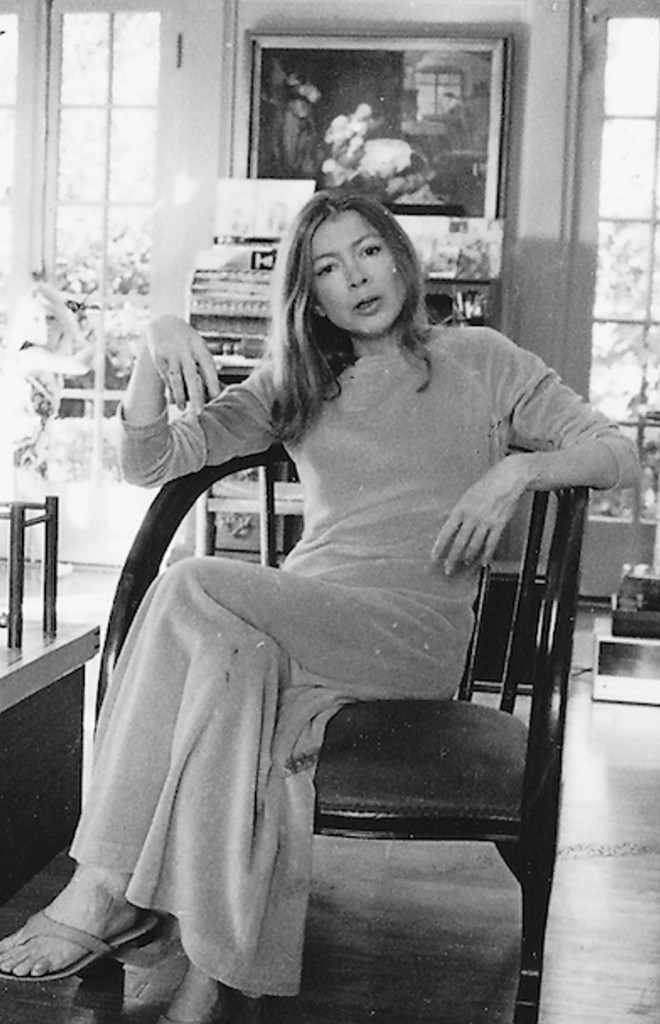
In Joan Didion’s last published work, Let Me Tell You What I Mean, she describes a talk she gave on writing, saying she stole the title of her talk from George Orwell’s essay Why I Write (1946). [Not into the writing game? You may want to skip ahead to the last paragraph.]
In Orwell’s essay, he argued that a writer writes from a desire to seem clever and be talked about. In addition to egoism, Orwell put pen to paper for political purposes. Hence we have, among other classics, Nineteen Eighty-Four.
Back to Didion. She relates that one reason she stole the title from Orwell was that she liked its cadence: “Three short unambiguous words that share a sound and the sound they share is this: I, I, I.”
“In many ways,” Didion claims, “writing is the act of saying I, of imposing oneself upon other people, of saying listen to me, see it my way, change your mind. It’s an aggressive, even a hostile act.”
Which brings me to today’s novelists. Why do they write? Orwell published his most famous novel (Nineteen Eighty-Four) in 1949; Didion, her final novel (The Last Thing He Wanted) in 1996. In 2024, few fiction authors write to impose anything on anybody, or admit to it. They don’t try to politicize readers. In my case, I aim to entertain them, which is not to say that I avoid topics like politics, ethics, or egoism.
Hmm, politics and egoism? Brings to mind a certain ex-president/wannabe dictator. ‘Hey, AMP,’ you say, ‘it could be fun to fictionalize him.’ True. How about an updated version of Orwell’s Big Brother, a double-speaking oaf with the attention span of a gnat? We’ll call it 2042.
